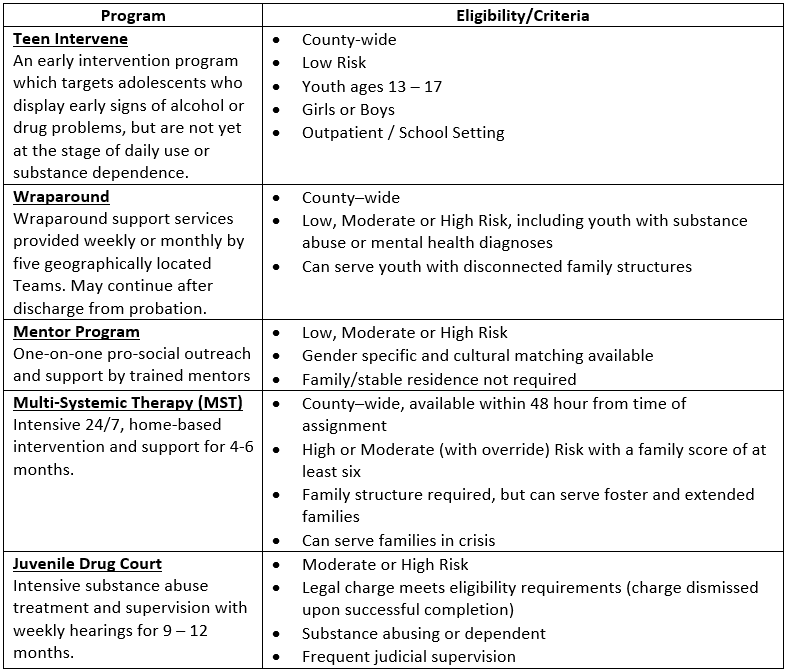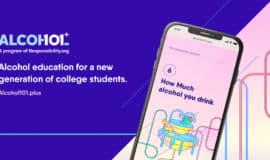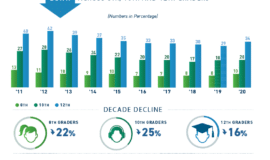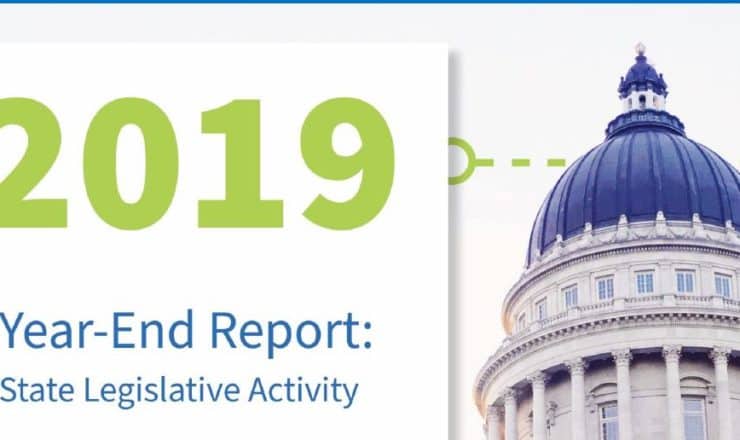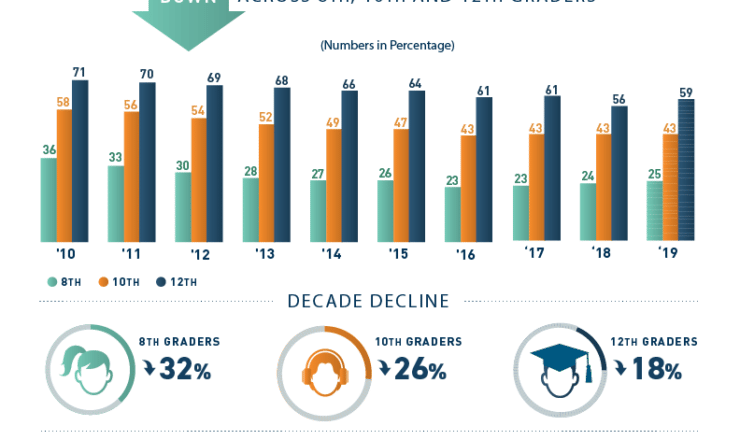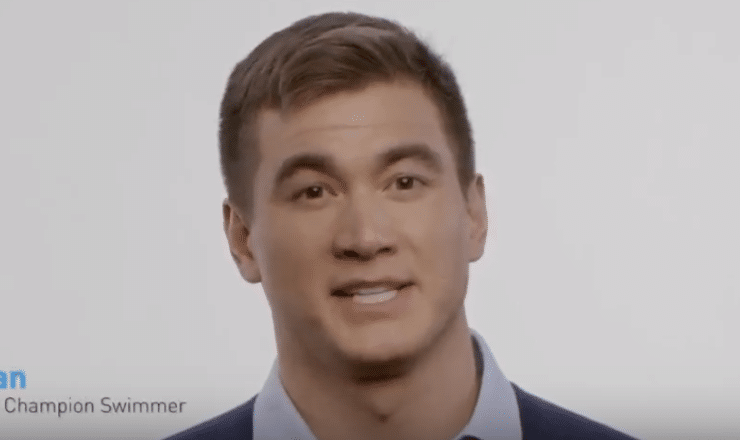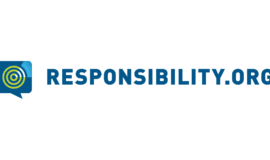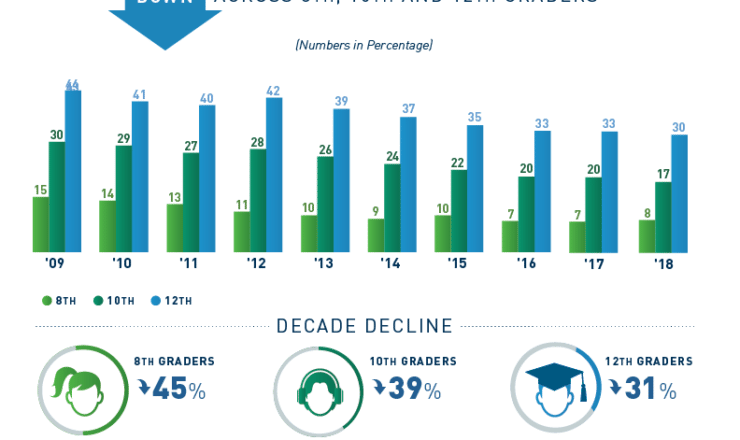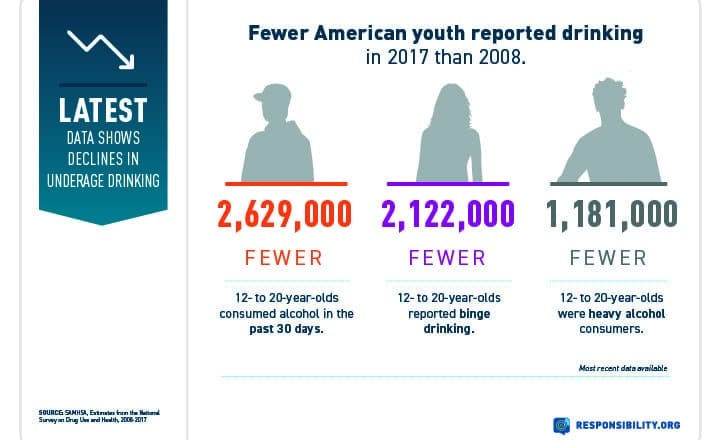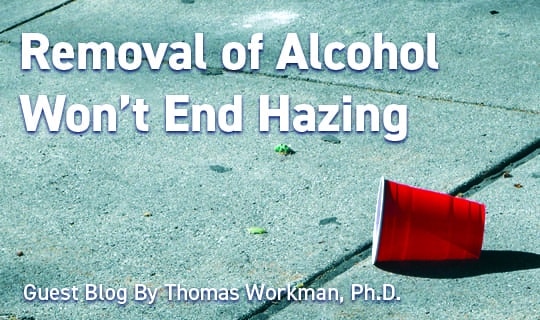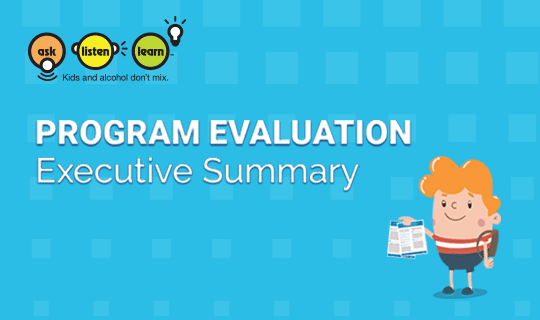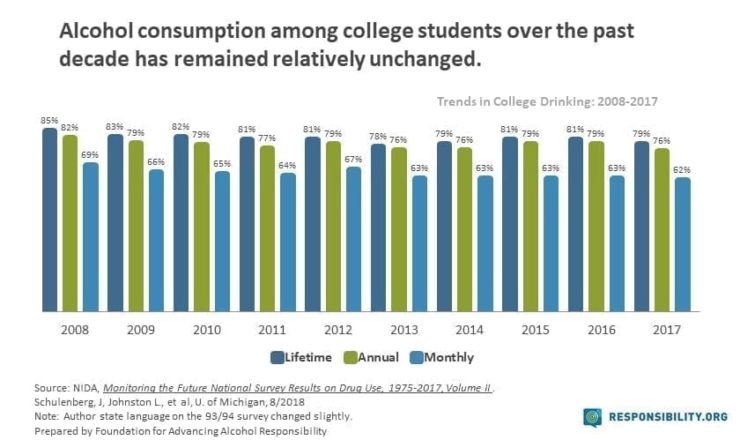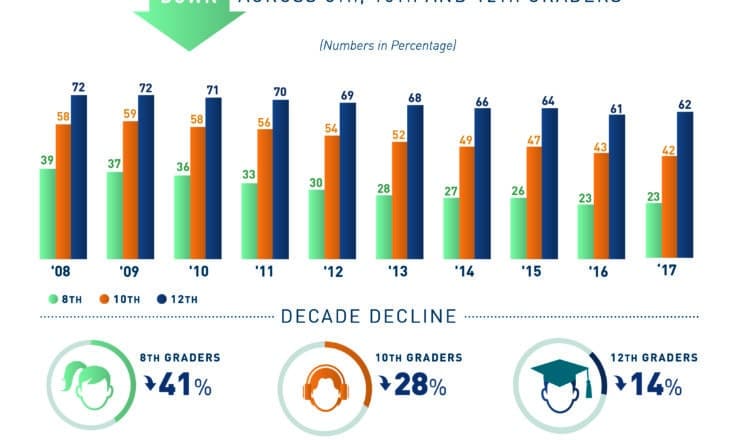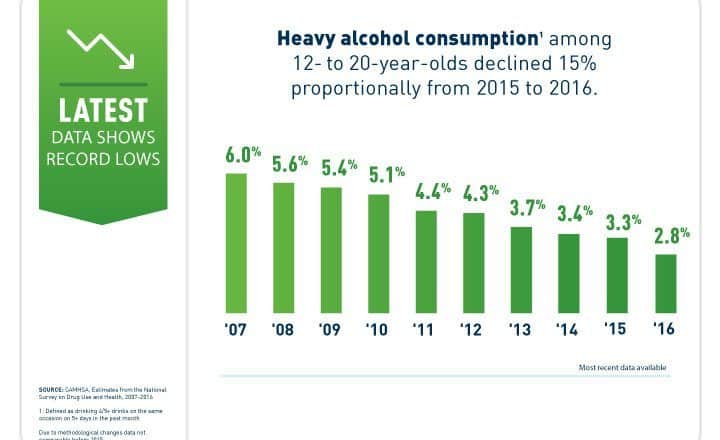NCJFCJ: 5 Constructive ways for the courts to address underage drinking
When people under age 21 consume alcohol, they have committed a status offense – an offense that but for the youth’s age is otherwise considered legal. The juvenile justice system often becomes the avenue by which these youth are held accountable or referred to services. However, because it was not necessarily designed for status offenders, the juvenile justice system continues to struggle with how best to respond to these types of offenses. Communities should work in conjunction with their juvenile justice system to formulate adequate answers to several complex questions:
- How much supervision is too much?
- Will brief interventions work?
- How will levels of risk and need be identified by the justice system to provide services needed/recommended?
- How can a full range of strategies from prevention to interventions for youth with serious delinquency/substance abuse issues be established to best serve the community?
Many communities have begun to address these questions and thereby are creating a continuum of care which allows the juvenile justice system to effectively work with youth and families dealing with consequences related to underage drinking. What does a continuum of care look like? The table below illustrates how jurisdictions can address the myriad of behaviors and/or offenses originating through the juvenile justice system on a daily basis:
Jurisdictions can build a compendium of community resources so that youth presenting with minor alcohol offenses would not then be subject to the full force of the juvenile justice system (e.g., intensive supervision and oversight, as well as drug and alcohol treatment meant to treat serious abuse and use). And, utilizing validated risk/need screening and assessment instruments helps ensure that the youth is matched to the right level of care within that continuum. Putting comprehensive procedures in place can save youth from further penetrating into the system, as well as allow the jurisdiction to save time and resources.
To that end, juvenile court judges are convening and leading collaborative efforts in many communities to provide needed services to youth, which is allowing these systems to successfully address underage drinking. This leadership is evidenced in the creation of a new course designed to educate judges about underage drinking so they can make informed decisions in the courtroom. The National Council of Family and Juvenile Court Judges (NCJFCJ) participated in the development of Effective Judicial Interventions for Underage Drinking Offenders in partnership with Responsibility.org, the National Center for State Courts (NCSC), and many national experts. Completion of this course prepares judges and other criminal justice practitioners to intervene in underage drinking cases to ensure that any alcohol consumption issues are addressed.
The efforts of juvenile court judges, in collaboration with community partners, have helped reduce the use of detention for status offenders, provide appropriate level of treatment, and permit youth to remain in their communities whenever possible. A judge can make the difference in a young offender’s life if each individual’s needs and potential are taken into consideration.
*Wendy Schiller is a Site Manager for the Juvenile Law Programs at the National Council of Juvenile and Family Court Judges. Ms. Schiller has worked for NCJFCJ for eleven years, and as a Site Manager, she facilitates on-site technical assistance, coordinates trainings and workshops, and researches and evidence-based practices for juvenile drug court professionals across the nation. She specializes in facilitating strategic planning meetings for juvenile drug court teams, as the teams implement evidence-based practices, as well as assisting teams in programmatic evaluation.
Ms. Schiller has co-authored technical assistance briefs that focus on relaying practical ways to implement evidence-based practice and make needed changes in juvenile drug courts: 7 Articles with 7 Easy Steps to Improving Your Juvenile Drug Court and Practical Tips to Help Juvenile Drug Court Teams Implement the 16 Strategies in Practice. She has presented, on a national level, such topics as “Incentives and Sanctions in Your Juvenile Drug Court,” “Individualizing Responses in Your Juvenile Drug Court,” and “Transition Planning for Juvenile Drug Court Teams.*
*The views and opinions expressed in this blog are solely those of the author and do not necessarily reflect the views of the Foundation for Advancing Alcohol Responsibility (Responsibility.org) or any Responsibility.org member.*

